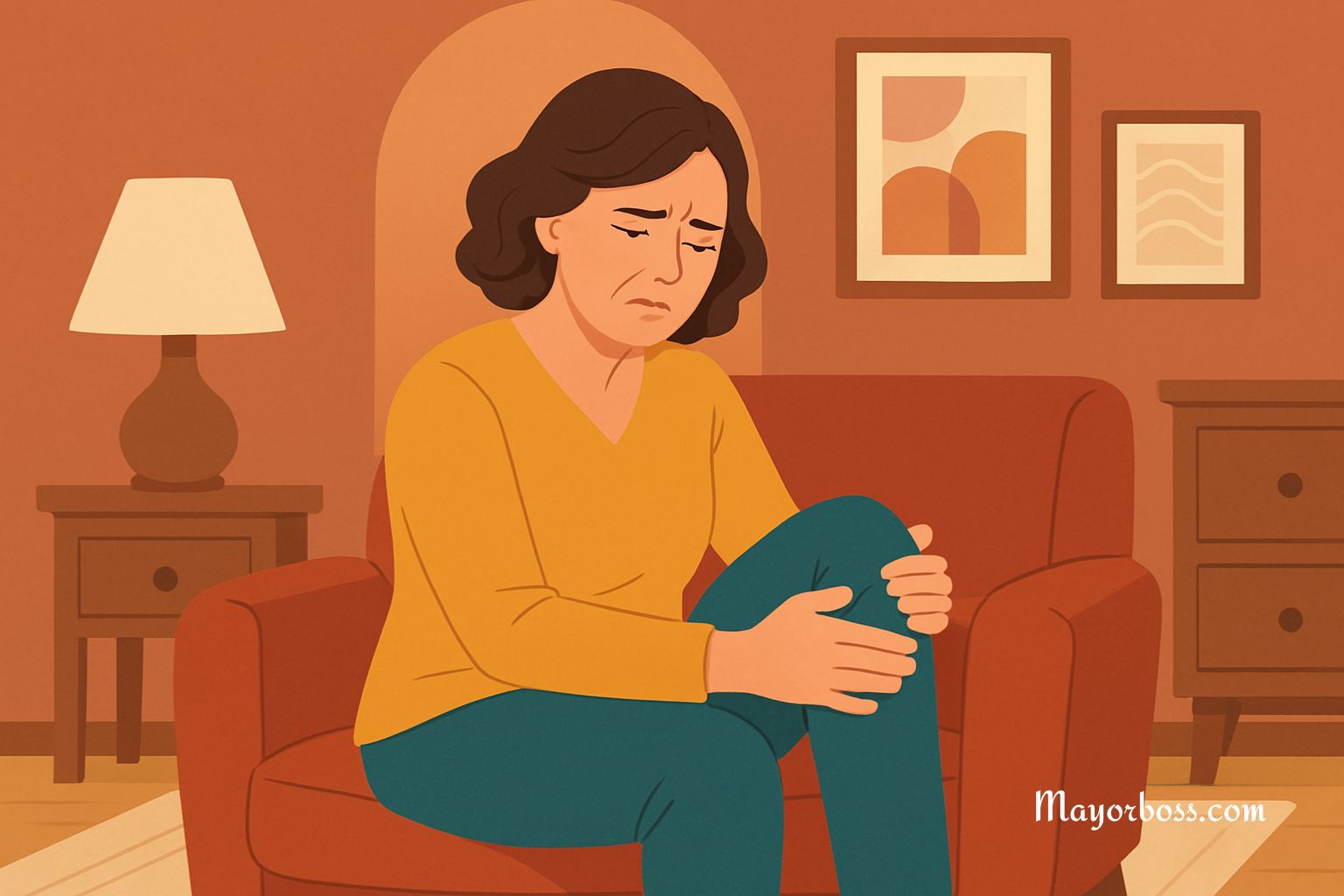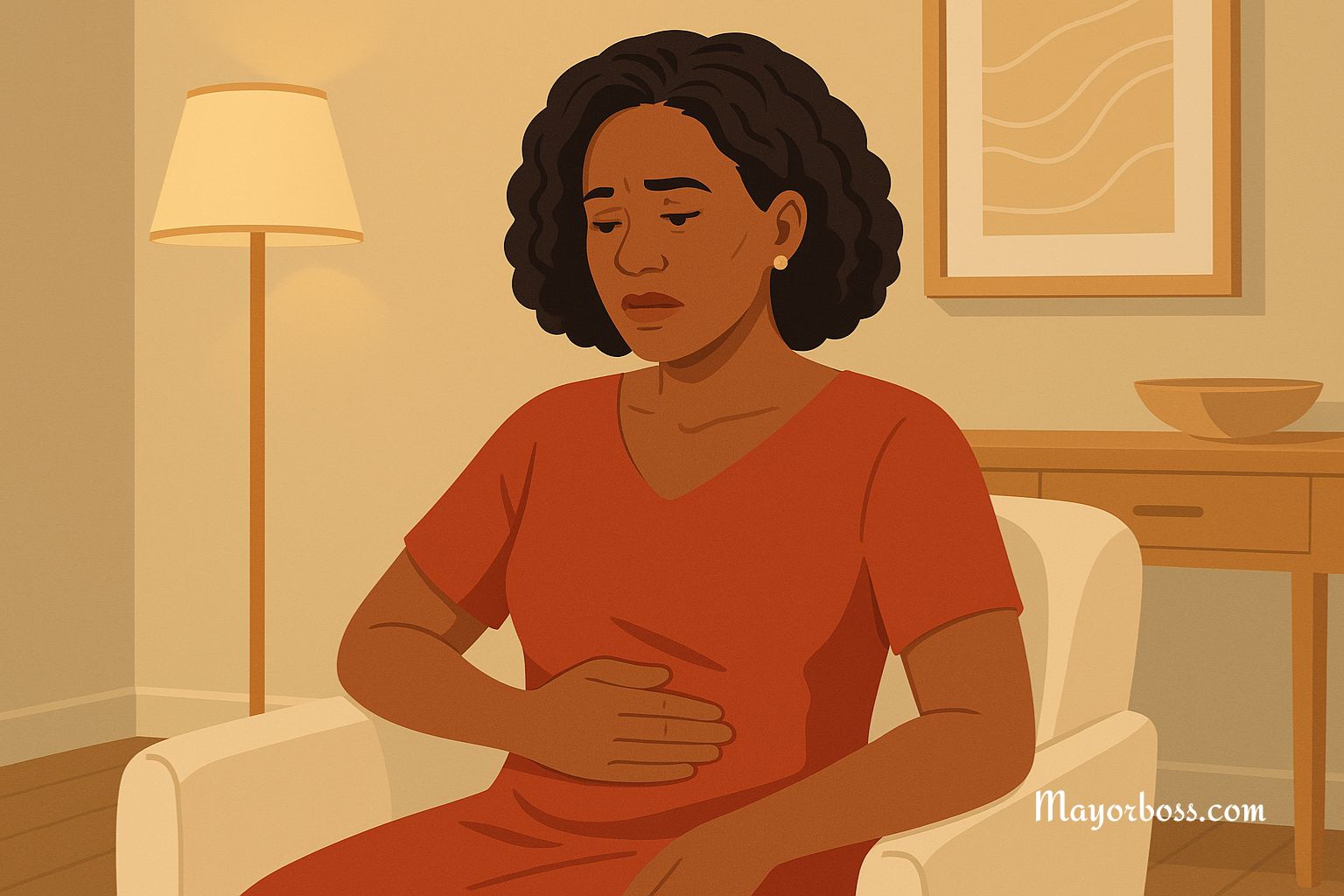Cancer Can Show Symptoms in the Morning
Catching cancer early can help treat it better. Sometimes, small signs might show up first thing in the morning. Paying attention to your body in the morning could help you spot something important and possibly save your life. By being mindful of how you feel each day, you’re giving yourself a better chance to notice anything unusual.

Feeling Very Tired Even After Sleeping Well
Waking up tired, even after a good night’s sleep, might mean something is wrong. Feeling extremely tired all the time is a common symptom of cancers like leukemia or colon cancer. This tiredness doesn’t go away with rest and can get worse over time. Some people might even find it hard to get out of bed or concentrate on daily tasks. This level of fatigue could be your body’s way of signaling that something isn’t right.
In fact, according to Cancer Research UK, cancer-related fatigue is the most troubling symptom that may make you want to stay in bed all day.
Waking Up Soaked in Sweat for No Reason
If you wake up with night sweats that soak your clothes or sheets, it might be a sign of lymphoma or other problems. While menopause or stress can also cause night sweats, it’s best to see a doctor if this keeps happening. Night sweats that come with chills, fever, or weight loss should be taken even more seriously. These symptoms might point to an illness that needs medical attention.
A Cough That Stays for Weeks
A cough that doesn’t go away, especially if it’s worse in the morning, might be a sign of lung cancer. Breathing problems, wheezing, or a hoarse voice can also mean something’s wrong. These symptoms shouldn’t be ignored. If the cough produces blood or gets more severe over time, you should see a doctor immediately. A persistent cough can also make it hard to get restful sleep, which adds to morning fatigue.
Changes in Bathroom Habits
Morning is a time when you might notice changes in your bowel or bladder habits. Seeing blood in your urine, having trouble going to the bathroom, or noticing very dark stools could be signs of bladder, kidney, or colon cancer. These symptoms should be checked right away. Pay attention to how often you go to the bathroom and whether it’s more difficult than usual. Changes that persist for days or weeks shouldn’t be ignored.
Pain That Won’t Go Away
Morning pain that doesn’t feel like normal soreness might be a warning sign. Back pain can sometimes be linked to ovarian or spinal cancer, and headaches that get worse over time might be a sign of a brain tumor. Unexplained pain that interrupts your sleep or wakes you up in the morning should be evaluated. Pain that doesn’t respond to usual remedies, like over-the-counter medications, might signal something serious.
Skin Changes You Notice in the Morning
While washing your face or brushing your teeth, look for changes in your skin. New moles, changes to old ones, or sores that don’t heal might mean skin cancer. Checking your skin regularly can help you find issues early. Also, look out for redness, swelling, or unusual patches of skin. These signs might seem minor but could point to a larger problem.
Feeling Sick or Having Trouble Swallowing
If you feel sick to your stomach or have trouble swallowing in the morning, it could be a sign of cancer in the digestive system. These issues might seem small, but if they don’t go away, talk to a doctor. Persistent nausea, vomiting, or a sensation of food being stuck in your throat are important to report. These symptoms can sometimes lead to weight loss or dehydration if not addressed.
Waking Up With Chest Pain
Chest pain or a heavy feeling in the morning might be more serious than heartburn. It could point to lung cancer or another problem. If you feel this way often, get it checked out. Morning chest pain that comes with shortness of breath or a persistent cough is especially concerning. This discomfort might also affect your ability to carry out normal morning routines.
Talk to a Doctor if Symptoms Persist
If you notice any of these signs and they last for more than two weeks, see a doctor. Finding cancer early makes treatment more successful. A doctor can help figure out if these symptoms are from cancer or another condition. Don’t wait until the symptoms get worse; early action can be helpful in how well treatments work.
Not all morning symptoms mean cancer, but it’s important to listen to your body. Regular check-ups and telling your doctor about changes can help catch problems early and improve your chances of staying healthy.






